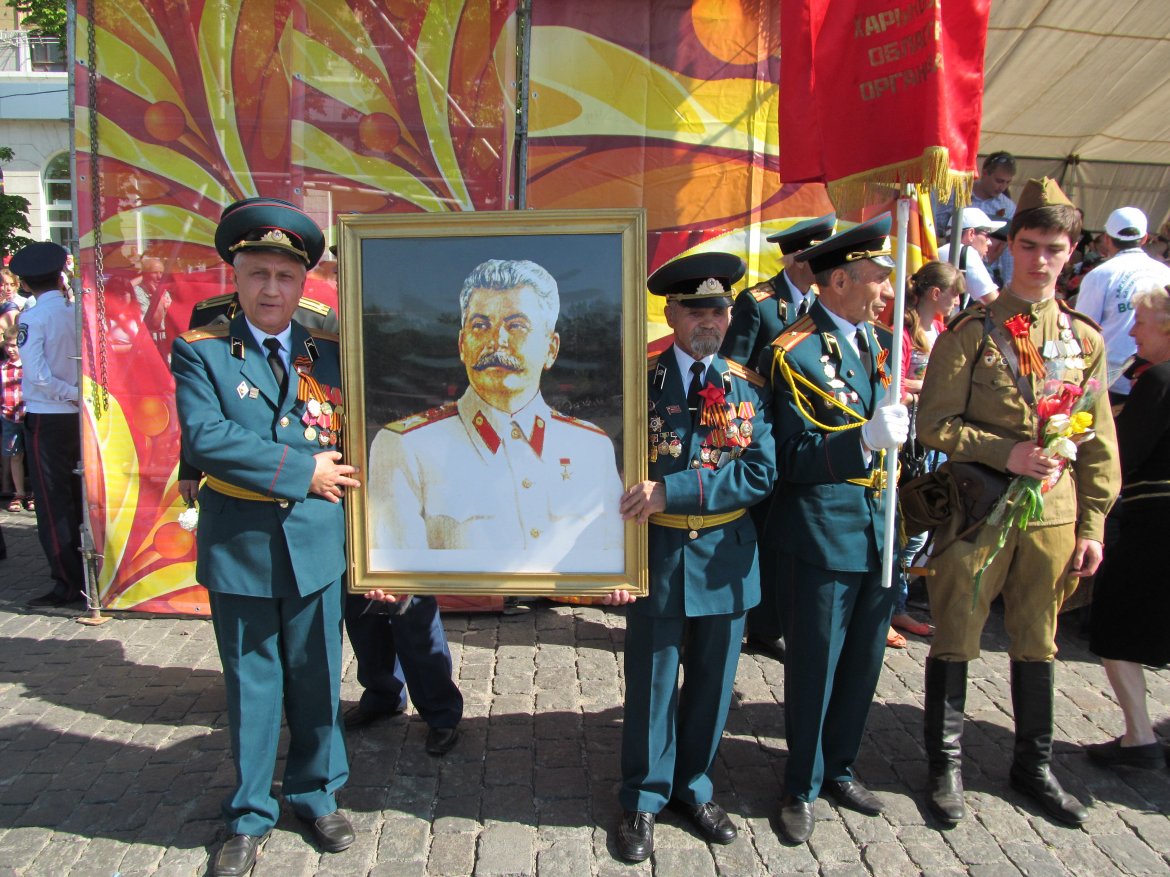On 9 April 2015, the Ukrainian parliament passed four laws dubbed a “package of bills on decommunization” in the first reading, with 254 MPs voting in favor (the necessary minimum is 226). Many in Ukrainian society greeted these laws as long-awaited and overdue. Here is a summary of their content, as per the infographics released by the bills’ main initiator, the Institute of National Memory.
1. Bill #2538-1 “On the Legal Status and Honoring the Memory of Fighters for Ukraine’s Independence in the Twentieth Century” [full text in English]
- honors the fighters for Ukraine’s freedom [notably the Ukrainian insurgent army].
What it introduces:
- An assessment of Russian aggression – the aggression of Soviet Russia against Ukraine and the occupation and annexation of Ukraine’s territory by Soviet Russia is acknowledged.
- Ukraine’s right to have fought for its freedom in the period of the Second World War is recognized and the organizations and structures participating in the liberation movement are named.
- The connection of Ukraine’s independence in 1991 to earlier times is affirmed by legally noting that in 1991 Ukraine restored its independence, interrupted by years of Soviet rule, from the times of the Ukrainian Republic of 1918.
- Participants of the Ukrainian liberation movements that received ranks or awards from the state over 1917-1991 will have them officially recognized.
- The principles of state policy regarding the memory of the struggle for Ukraine’s independence and its participants will be defined.
- Archive documents about the struggle for Ukraine’s independence in the 20th century and information that they contain will be open.
2. Bill #2539 “On Perpetuation of the Victory over Nazism in World War II of 1939-1945” [full text in English]
- returns the real memory of the years of the war to the people and gets rid of Soviet clichés.
What it introduces:
- The globally used term “Second World War of 1939-1945” will be officially used, instead of the Soviet term “Great Patriotic War of 1941-1945.”
- A Day of memory and reconciliation will be introduced on May 8 to commemorate all the victims of the Second World War.
- On May 9, a State holiday will be celebrated as before, named Day of victory over Nazism in the Second World War of 1939-1945.
- A list of memorial places will be created and locations of unknown war graves will be sought.
- Usage of communist symbols while honoring the memory of the fallen and celebrating victory over Nazism will be abolished.
3. Bill #2540 “On access to Archives of Repressive Agencies of Totalitarian Communist Regime of 1917-1991” [full text in English]
- opens archives related to crimes and mass violations of human rights committed during communist times to the public.
What it introduces:
- Provides open access to all archives of the Soviet repressive organs.
- Designates digitizing and online access to the archive documents as a necessity.
- Provides for creating a consolidated archive of all the repressive organs.
- The European principle of access is introduced: the law limits access to the information but not the document.
- Archive users are held responsible for consequences spreading archive data and not the archivists.
- Decommunization of special services and police– they stop being connected to Soviet repressive organs.
4. Bill #2558 “On the condemnation of the communist and national socialist (Nazi) regimes, and prohibition of propaganda of their symbols” [full text in English]
- Communist and Nazi regimes onUkrainian soil are condemned, their propaganda prohibited.
What it introduces:
- Communist and Nazi totalitarian regimes are legally recognized as criminal and are condemned.
- Criminal responsibility for propaganda of the Communist and Nazi regimes is introduced and public use of Communist and Nazi symbols is prohibited.
- Procedures and timeframes for renaming geographical objects (cities, squares, streets, etc.) with Communist names will be established.
- Organizations carrying “Soviet” names will be obliged to change them in the course of three months.
- Soviet monuments and monuments to Communist figures will be dismantled.
- Crimes committed by representatives of totalitarian regimes will be investigated (genocide, crimes against humanity, war crimes).
- A Day of remembrance of victims of the Communist and Nazi totalitarian regimes is introduced on August 23.








